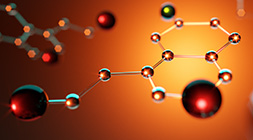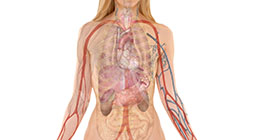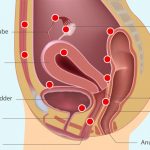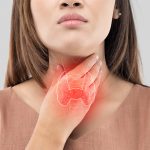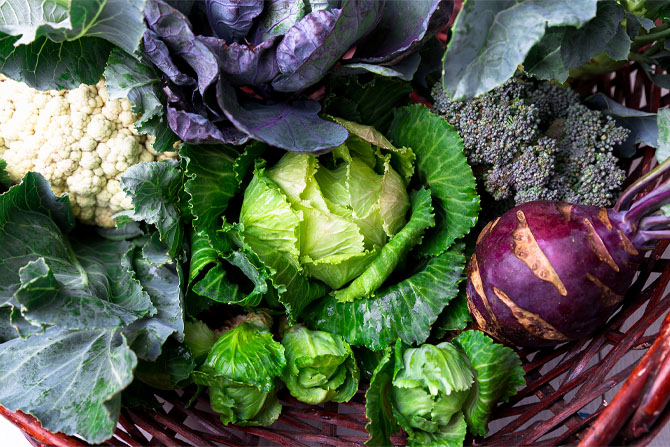
Estrogens have a tangled relationship with food. Some foods contain estrogens and should be avoided or eaten in moderation. Some foods and herbs block estrogen; that is, they keep estrogen from fitting into estrogen receptors on cells, and some foods enhance the action of estrogen, making estrogen stronger. Some foods keep your estrogens at healthy levels by aiding the liver in detoxifying excess estrogens. Other foods stop estrogen-related cancers from gaining hold.
Phytoestrogens (phyto means plant) are naturally occurring plant estrogens that can block, increase, or detoxify estrogen. Only a limited number of plant-based foods can mimic estrogen or fit into estrogen receptors. Some phytoestrogens have no estrogen effect whatsoever, and they are estrogen-blocking.
This is why I don’t use the word phytoestrogen when talking about estrogen and plant foods. North Americans tend to have too much estrogen because estrogens are produced by the body and found in our food and environment, thereby increasing our estrogen load.
Eat plenty of these hormone-balancing foods every day. They inhibit bad estrogens and improve your estrogen-to-progesterone ratio. They are also cancer-preventing, especially cruciferous vegetables.
The Good
Eat plenty of these hormone-balancing foods every day. They inhibit bad estrogens and improve your estrogen-to-progesterone ratio. They are also cancer-preventing especially the cruciferous vegetables.
- Broccoli
- Brussels sprouts
- Cabbage
- Cauliflower
- Kale
- Kohlrabi
- Flaxseeds (ground)
- Buckwheat
- Figs
- Melons
- Green beans
- Squash
- Green tea and chamomile
Note: If you heard that cruciferous vegetables block thyroid hormone uptake, please note that you would have to eat several cups of broccoli, brussels sprouts, cauliflower, cabbage and kale every day to negatively affect your thyroid or inhibit thyroid hormones. These vegetables are super regulators of your hormone levels and should be eaten often.
The Bad
Avoid these foods altogether or limit their intake. These foods either contain estrogen, fit into estrogen receptors, or enhance the action of aromatase, an enzyme that increases estrogen. Do not eat pesticide-laden foods, as pesticides fit into estrogen receptors and increase estrogen.
- Soy beans
- Tofu
- Soy beverages
- Soy oil
- Coffee (only drink organic which is not sprayed with pesticides)
- Cotton seed oil (often found in sardines or other canned fish)
- Corn oil
- Hops in beer
- Red clover supplement
- Commercial chicken, pork or beef
- Commercial dairy products
- Farmed fish
- Alcohol





